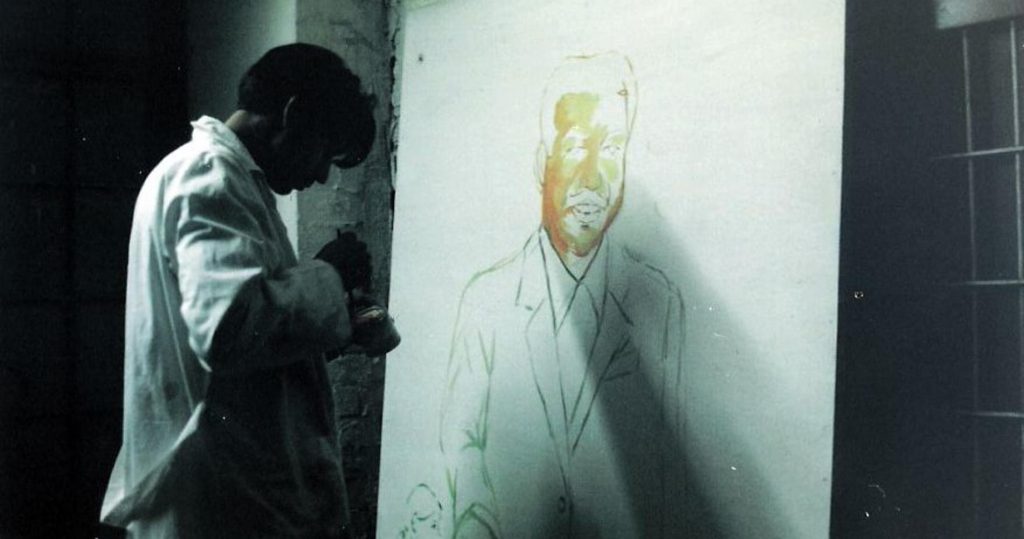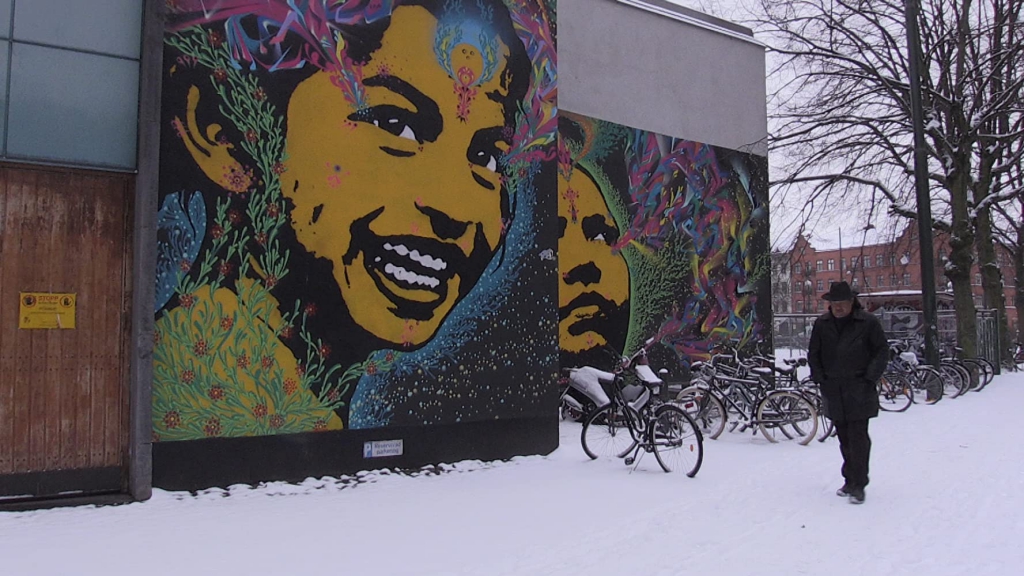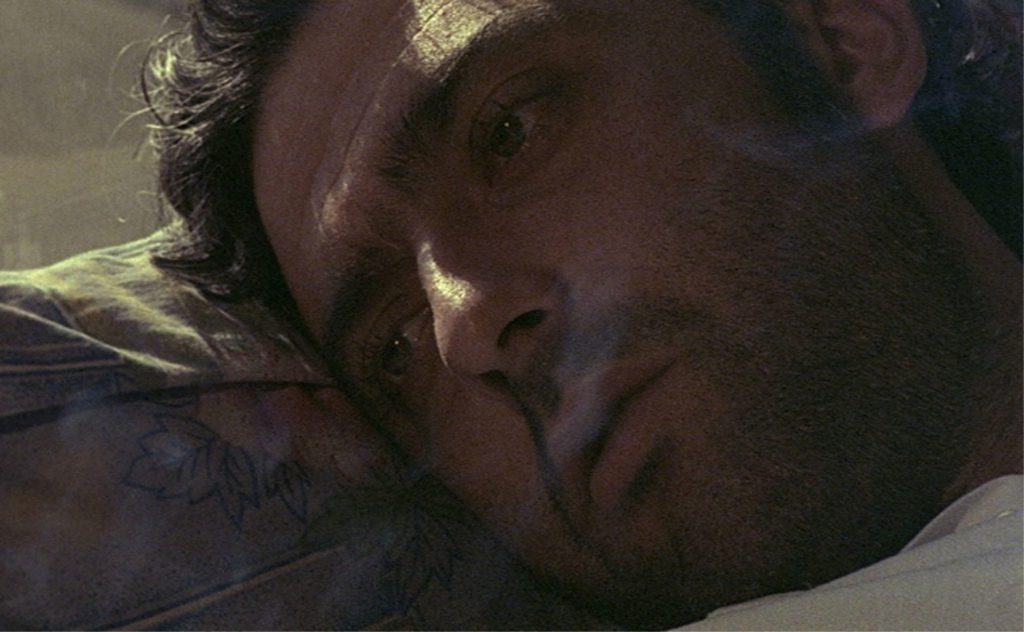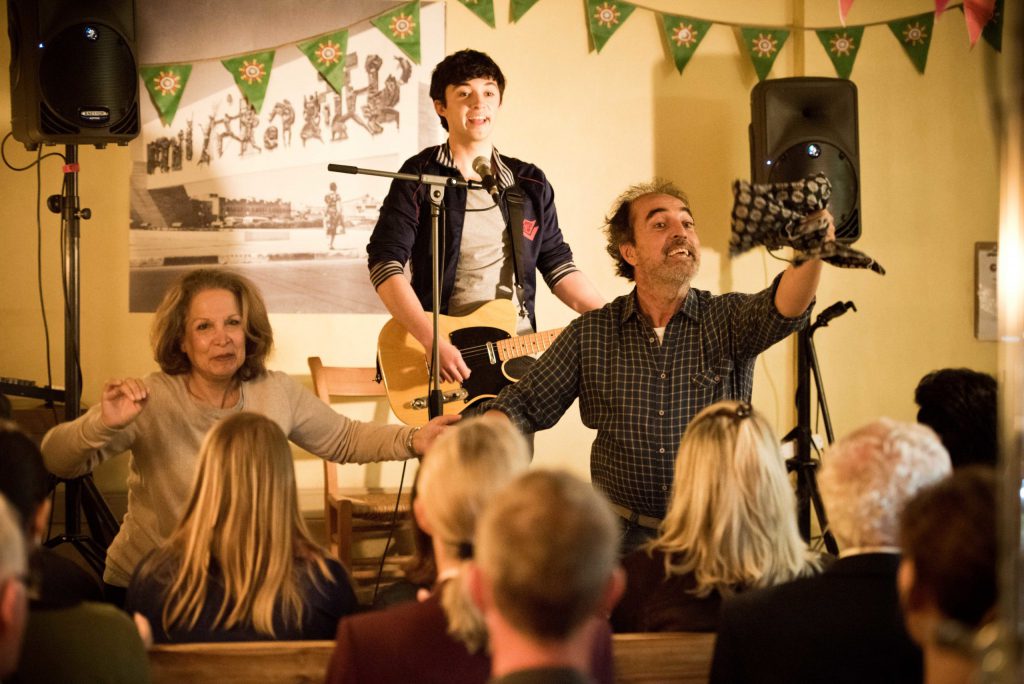The first ever Independent Iraqi Film Festival (IIFF) is set to take place between August 21 and August 28, 2020. With its community-driven platform, the free and online festival aims to promote, and support work done by Iraqi filmmakers exploring the many facets of Iraq.
The festival features lengthy feature films and shorts selected out of over 80 submissions by Iraqi filmmakers, aimed at showcasing “the diversity and resilience of our people, as well as the breadth of our culture to a global audience.” It is run by four Iraqi volunteers working within the creative industry.
The country’s recent history has been significantly tainted by dictatorship and foreign interference, and marked by political tensions to this day, leaving the creative industry in a state of neglect and danger. Creatives are left with an abundance of stories to tell yet also with mounting threats to their creativity and very few mediums for support and promotion.
The threat extends beyond Iraq’s arts sector. Yesterday, prominent anti-government activist and fitness instructor Reham Yacoub was shot dead by unknown gunmen less than a week after the assassination of activist Tahseen Osama and an assassination attempt on activists Lodia Raymond and Abbas Sobhi.
With the creation of the IIFF, filmmakers, directors, actors, screenwriters and others will be given a much-needed channel to showcase their talents and display their work publicly. In choosing to run the festival online, the organizing committee has given the filmmakers the opportunity to showcase their work to the global public.
IIFF will cover a myriad of topics, including the difficulty of filmmaking in Iraq in Mohammed Al-Daradji’s documentary War, Love, God & Madness (2008). Another feature film, Oday Rasheed’s experimental film Underexposure (2005) undertakes a similar approach by choosing to explore a fictitious film crew’s struggles with making a film during the 2003 invasion of Iraq and subsequent American occupation.
The remaining two feature films are shot by diasporic filmmakers, “exiled from their homeland due to the threat of their creativity as perceived by Iraq’s dictatorship at the time.”
Both deal with the topics of exile and reflection on the past, but undertake different approaches: Samir’s Baghdad in my Shadow (2019) explores Iraqis haunted by their “political pasts,” while Kasim Abid’s Mirrors of Diaspora (2018) follows the lives of seven diasporic Iraqi artists exploring the themes of “exile, creativity, and war.”
The festival also includes two short film programmes. The first, titled Tracking Iraq: New Wave Cinema “explores life within Iraq from the vantage points of its diverse communities, as well as the innovative techniques of filmmaking throughout the country.” The programme includes Sabeya (2019, director Dhyaa Joda), She Was Not Alone (2019, director Hussein Al-Assadi), Baba Boom Boom (2016, Usaima Alshaibi), and Talking Heads (2016, director Haidar Jehad).
The second, titled Gender Utopia: Contemporary Feminisms in Iraqi Cinema “highlights the outspoken voices of young Iraqi women, exemplifying the strength of Iraq’s marginalised voices.” It includes I Dream (2020, director Tarek Turkey), Mouthwash (2014, director Reman Sadani), Shahmaran (2020, director Elodie Baldwin), and Um Abdullah (2020, director Sahar al Sawaf).






